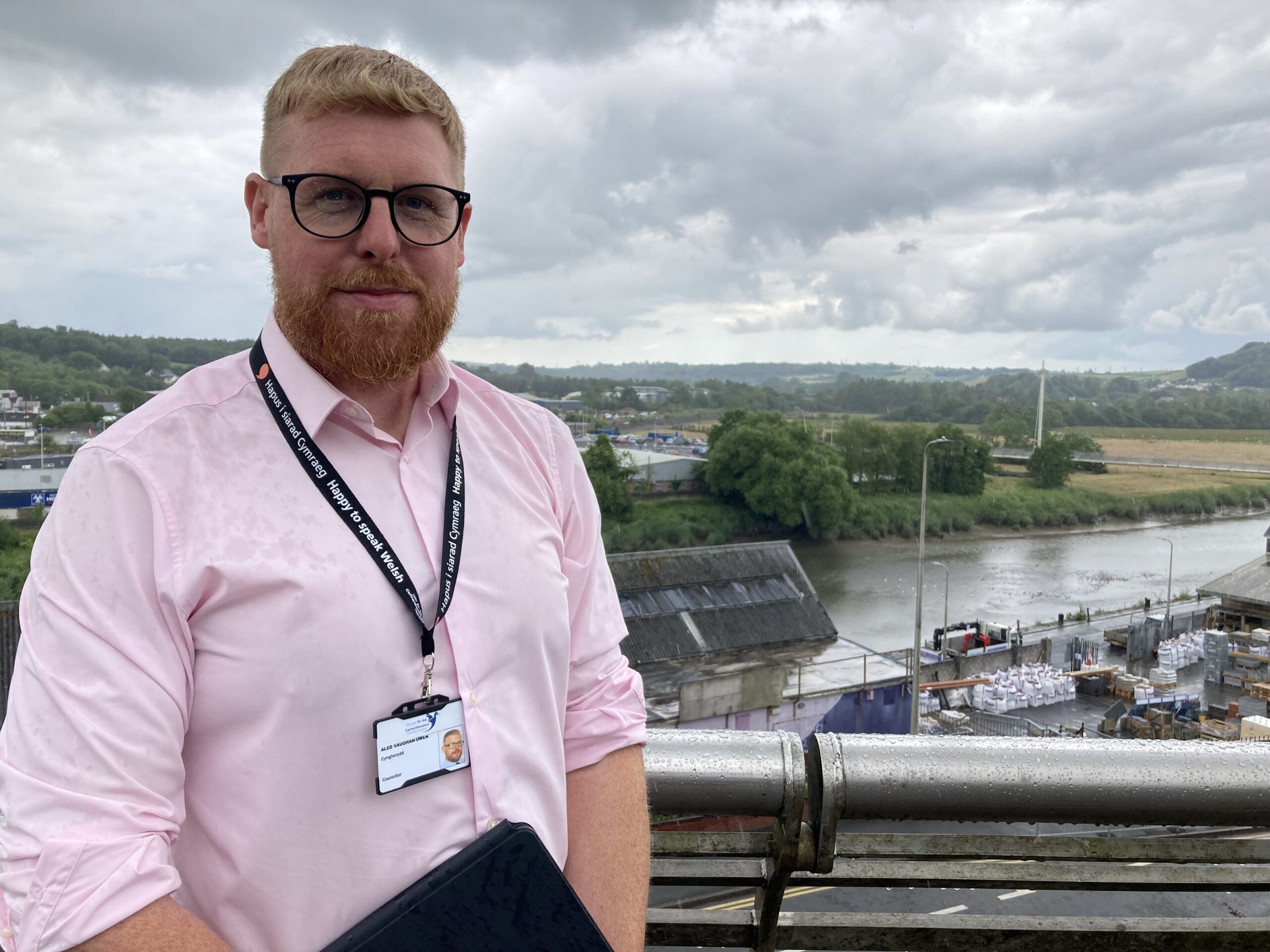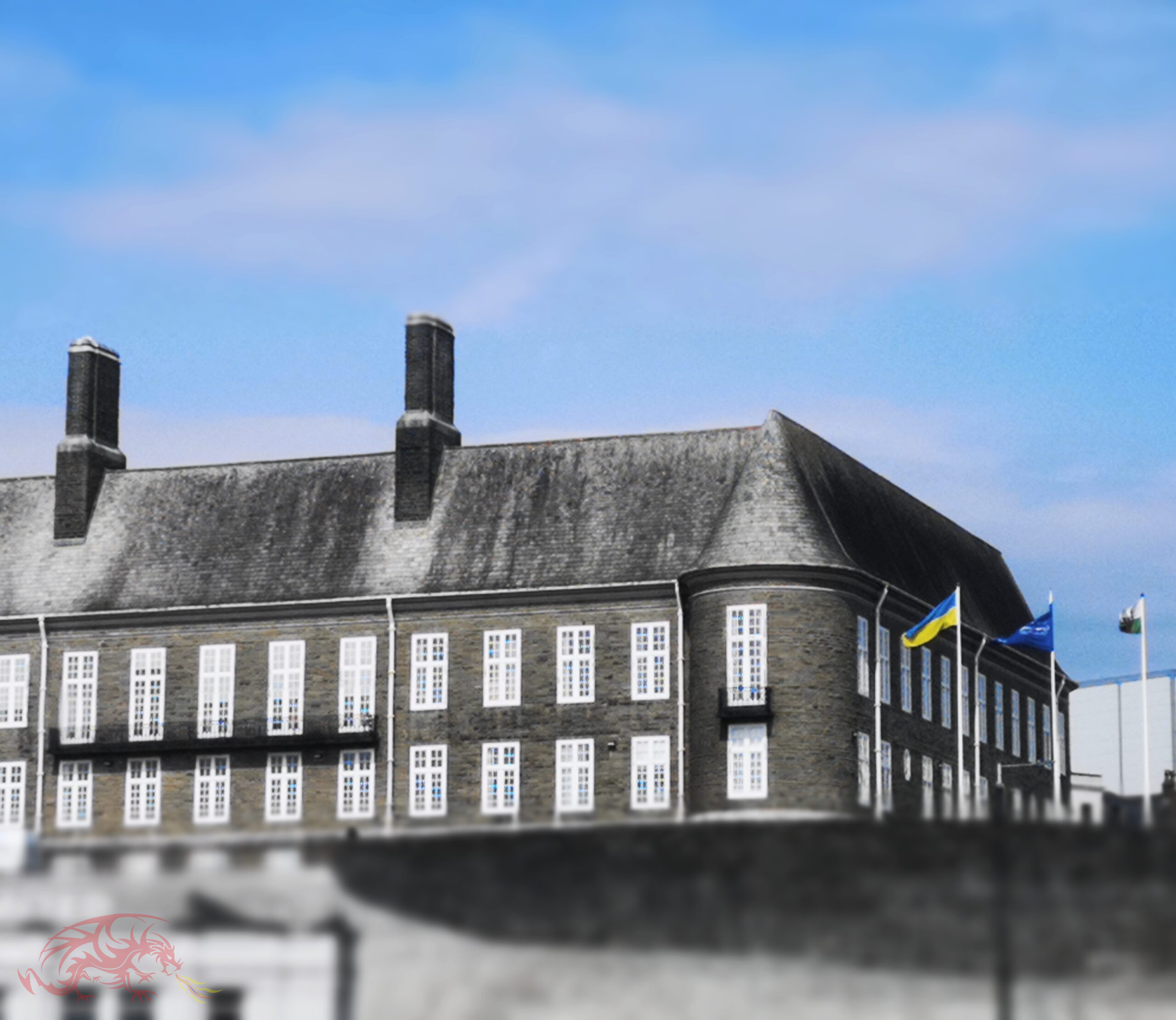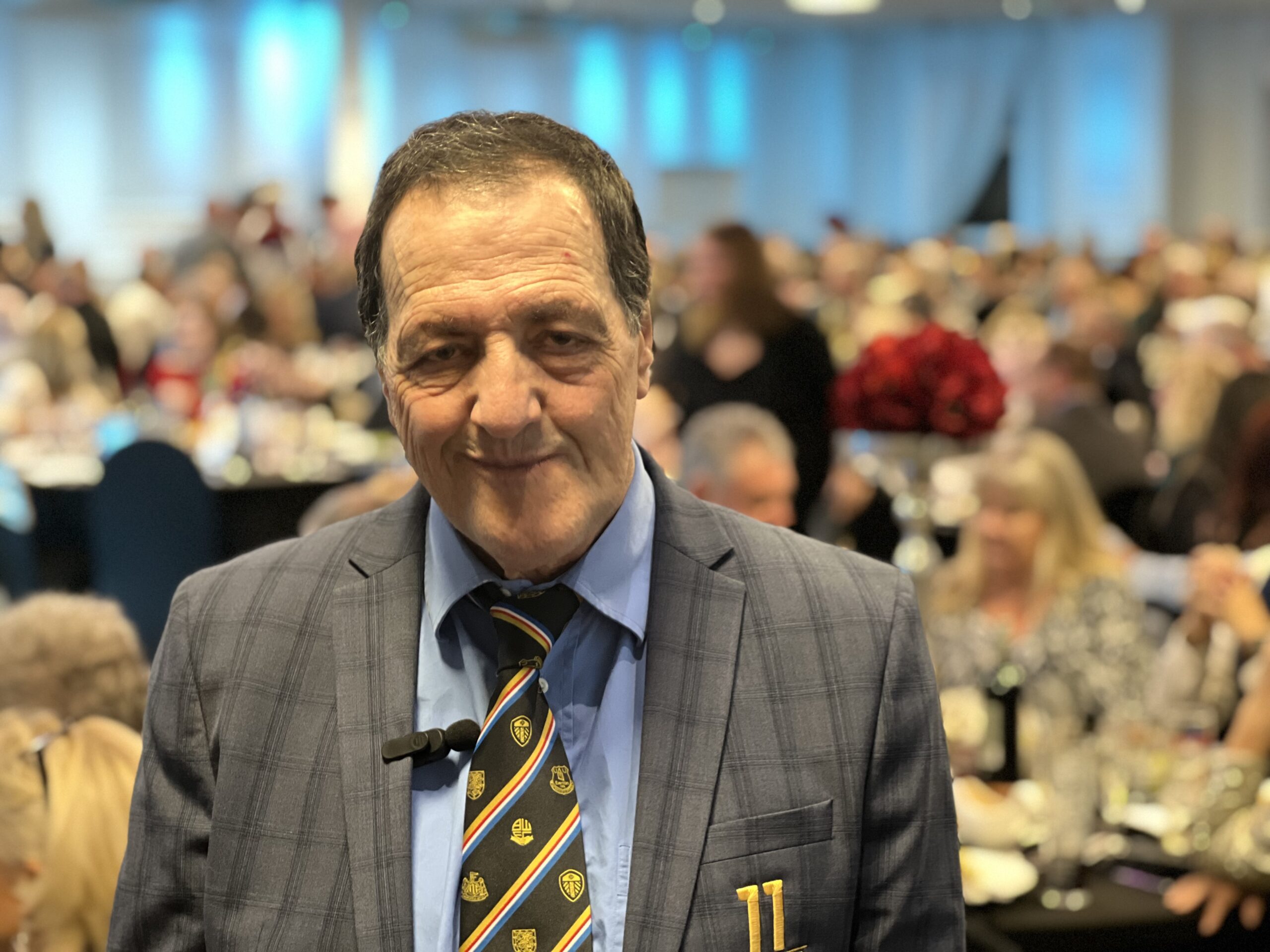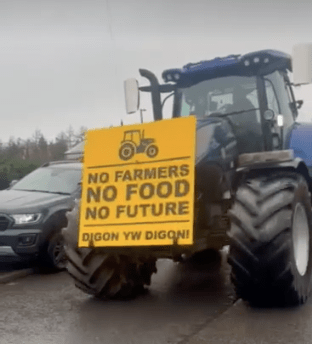FOUR years ago a relative newcomer to the debating chamber at County Hall called on councillors to declare a climate emergency and put Carmarthenshire on a path to becoming a net zero carbon council by 2030.
Cllr Aled Vaughan Owen’s motion was passed – and now he is now in charge of making the net zero commitment a reality.
Net zero means cutting your carbon emissions as much as you can and offsetting those that you can’t, for example by planting trees or building a solar farm.
The council is focusing on making its schools and offices more energy-efficient, replacing its cars, vans and lorries with greener alternatives, reducing employee business mileage, and replacing old street lights with more energy-efficient ones.
Cllr Vaughan Owen, cabinet member for climate change, decarbonisation and sustainability since May 2022, said the authority’s carbon footprint in these four areas was nearly 32% smaller than it was in 2016-17 but that it had started to move “in the wrong direction” after Covid restrictions ended.
The Plaid Cymru councillor said the upfront cost of reaching net zero by 2030 was estimated at £133 million, with council buildings (£73 million) and the vehicle fleet (£56 million) by far the biggest contributors.
“There are grants we have taken advantage of, but there needs to be a wider conversation if we as a county want to play our part,” he said. “It needs to be funded appropriately.”
The 45-year-old said he wanted to minimise the offsetting option, although council-owned sites have been looked at for potential renewable energy generation, with a solar farm at the Nantycaws household waste site near Carmarthen a possible future option.
Cllr Vaughan Owen said the authority was preparing a tree strategy and has recently planted 2.5 acres of woodland at Tregib, near Llandeilo. He said only 5% of council land was wooded, compared to a Wales average of 14%, and that the analysis of land for renewable energy suitability included which areas might be appropriate for trees, nature and food production.
Net zero is a complex and initially, it would seem, an expensive task. For example the council introduced a new kerbside waste collection system this year, which is said to be increasing recycling and composting rates – a tick for the environment. But it requires more refuse vehicles. The answer? “Our aim is for half our refuse vehicles to be electric by the end of 2024,” said Cllr Vaughan Owen. That will involve a considerable financial cost.
Electricity demand in the UK is expected to double by 2050 as we electrify our homes, businesses and transport. “We don’t want to be left behind in West Wales,” said Cllr Vaughan Owen. But it will require more renewable energy production and more grid infrastructure – and proposals for a 56-mile network of pylons from a planned wind farm in Powys to a connection point in Carmarthenshire have generated vocal opposition.
“The (grid) infrastructure needs to be sensitively managed,” said Cllr Vaughan Owen. Affected communities, he said, needed to be heard. “Other technologies exist for moving electricity around, like ‘undergrounding’ cables,” he said. The company behind the planned pylon network, Green GEN Cymru – part of Bute Energy Group – will develop a detailed design and alignment of the scheme after considering responses to a recent consultation.
There has also been public dismay in Carmarthenshire about companies from outside the area buying up land for tree-planting to offset their emissions. “I’m not surprised,” said Cllr Vaughan Owen of the reaction. “It does not encourage them to change their activities, it has a negative impact on local communities, and it’s land that could be used for food production.”
Plaid Cymru feels very much the party of rural Wales and the Welsh language, where farmers play a central role, but livestock production has a carbon cost and can negatively impact the environment in other ways, such as nutrient-heavy run-off entering rivers. The UK Committee on Climate Change said this month that Wales’s low ambition for agriculture increased reliance on other sectors to decarbonise. It added that a Welsh Government “carbon budget” plan projected a slight increase in agriculture emissions between 2021 and 2025.
Does our food system need to change, I ask? “This certainly creates much discussion within the party,” replied Cllr Vaughan Owen. “It’s not something the council has many levers on. We are in the process of developing a food strategy. The public sector should create models for farmers who wish to diversify.”
Cllr Vaughan Owen, of Gorslas, said local, seasonal food should be promoted. Should schools have vegetarian-only days, I ask? “I think we need to update our plate,” he said. “The farming industry is where it is because of the incentives for them. The farming sector is so important – they are the ones that will help ensure a sustainable, resilient food system.”
Cllr Vaughan Owen attended Drefach Primary School, near Cross Hands, then what is now Ysgol Gyfun Maes y Gwendraeth, and later qualified and worked as a primary school geography teacher. He then set up an energy and sustainability consultancy, Ynni Da.
The married father-of-three is also a trained electrician and once had a stint as a bus driver. “Buses and public transport are something I’m passionate about,” he said.
The Welsh Government has recently offered bus companies more funding to replace Covid-era emergency relief but it’s not expected to save all services. This is a headache for councils, which work with bus operators and subsidise some routes.
“There will be certain bus routes affected but not as many as we originally feared,” said Cllr Vaughan Owen. In another development, new electric buses have started plying the route between Carmarthen and Aberystwyth, with the council building the necessary charging infrastructure at Carmarthen. Cllr Vaughan Owen is a fan. “Electric buses are far superior,” he said. “The next step is to electrify more routes, but it requires funding nationally.”
Cllr Vaughan Owen is on his second electric car, which he said was cheaper to run than a petrol one despite electricity price rises. He said more on-street charge points were vital to avoid electric cars only being an option for people with drives. He leases his current car. “What I need is transport, I don’t need to own a car,” he said.
Carmarthenshire Council has secured its fair share of Welsh Government cycle and pedestrian path funding but its highest profile scheme – the Carmarthen to Llandeilo Towy Valley Path – has languished before a £16.7 million UK Government grant in late 2021. Only a small portion of the route has been built, with detailed planning permission for the longer eastern section only approved last week.
“I think it’s got massive tourism opportunities and hopefully will provide a safe, sustainable route for people between two major towns,” said Cllr Vaughan Owen, a keen cyclist himself.
The council, like the UK and the rest of the world, faces some tough and politically unpalatable decisions to hit net zero targets. But Cllr Vaughan Owen is unequivocal in his support for action on climate change and biodiversity decline. “In the face of mounting evidence and dire warnings from scientists around the world, it is becoming increasingly clear that humanity stands at the precipice of a defining moment in its history.
“Urgent and decisive measures are required if we are to avert catastrophic outcomes and forge a sustainable path forward.”
He said he decided not to join the public sector Dyfed Pension Fund because he felt it was not divesting quickly enough away from fossil fuels. “I have procured my own sustainable pension,” he said. “I think it’s important that you practise what you preach.”
With fossil fuel companies posting record profits of late, Cllr Vaughan Owen said his pension decision came at a cost although, like all investments, what goes up can come down. He joked that he might be kicking himself when he came to retire, but added: “I want to be true to my principles.”
Please donate here: Support Carmarthenshire News Online Thank you for supporting independent journalism and contributing to the future of local news in Carmarthenshire. Carmarthenshire News Online has been dedicated to providing unbiased and trustworthy news, free from commercial or political influence. By donating as little as £1, you can help ensure the continuation of this important source of information for the community. Your contribution will have a significant impact on the sustainability of independent journalism. If you're looking to enhance your brand's visibility, we also offer advertising opportunities on our Livestream and podcasts. Our special offers provide excellent value for reaching our engaged audience. To learn more about these opportunities and to discuss your advertising needs, please feel free to call or text us at 07308598604. Thank you again for your support, and together we can ensure the availability of quality local news for Carmarthenshire and beyond.
Please donate here: Support Carmarthenshire News Online







